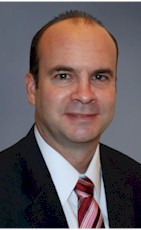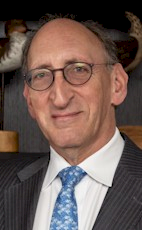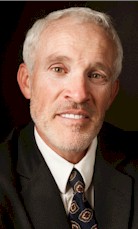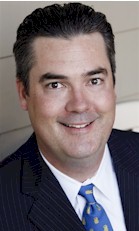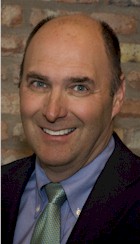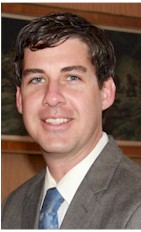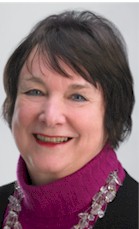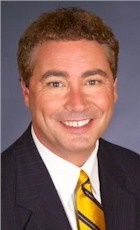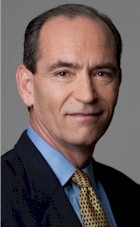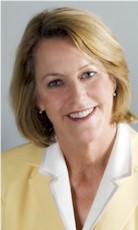
According to a recent Spafinder Wellness survey, 85 percent of people have returned from a vacation less rejuvenated than when they left. Perhaps because of this, travelers also indicated that they now expect "wellness" programs to be provided by their travel destinations - 87 percent want healthier food, 82 percent expect spa/massage programs, 82 percent desire nature experiences, 73 percent prefer eco-conscious properties, 70 percent want gyms with cardio and weights, 54 percent would like healthy sleep programs and 47 percent are seeking meditation and mindfulness classes. To accommodate these travelers, hotel properties are branding around the concept of wellness. As a result, hotels are offering more spectacular gyms; more inspiring fitness classes; more expert-led, local runs and hikes; more free workout gear, bikes and pedometers; more in-room virtual training; and even personal trainers and nutritionists. For their part, hotel spas are also continuing to upgrade and innovate when it comes to providing expanded services to their guests. Some spas are offering more weightless flotation tanks, chambers and pools to combat the effects of gravity and others are incorporating new technologies like anti-gravity massage beds that simulate the experience of floating on a cloud. Some spas are offering Rest and Renew sleep programs, which include personal sleep consultations, sleep-inducing massages, total blackout rooms, extensive pillow menus and sleep-aiding snacks. Demand for natural, organic skin products is still very strong, and the same is true for aromatherapy products which can now being customized and personalized based on individual guest preferences. The July issue of the Hotel Business Review will report on these trends and developments and how hotel spas are integrating them into their operations.



 According to a recent Spafinder Wellness survey, 85 percent of people have returned from a vacation less rejuvenated than when they left. Perhaps because of this, travelers also indicated that they now expect "wellness" programs to be provided by their travel destinations - 87 percent want healthier food, 82 percent expect spa/massage programs, 82 percent desire nature experiences, 73 percent prefer eco-conscious properties, 70 percent want gyms with cardio and weights, 54 percent would like healthy sleep programs and 47 percent are seeking meditation and mindfulness classes. To accommodate these travelers, hotel properties are branding around the concept of wellness. As a result, hotels are offering more spectacular gyms; more inspiring fitness classes; more expert-led, local runs and hikes; more free workout gear, bikes and pedometers; more in-room virtual training; and even personal trainers and nutritionists. For their part, hotel spas are also continuing to upgrade and innovate when it comes to providing expanded services to their guests. Some spas are offering more weightless flotation tanks, chambers and pools to combat the effects of gravity and others are incorporating new technologies like anti-gravity massage beds that simulate the experience of floating on a cloud. Some spas are offering Rest and Renew sleep programs, which include personal sleep consultations, sleep-inducing massages, total blackout rooms, extensive pillow menus and sleep-aiding snacks. Demand for natural, organic skin products is still very strong, and the same is true for aromatherapy products which can now being customized and personalized based on individual guest preferences. The July issue of the Hotel Business Review will report on these trends and developments and how hotel spas are integrating them into their operations.
According to a recent Spafinder Wellness survey, 85 percent of people have returned from a vacation less rejuvenated than when they left. Perhaps because of this, travelers also indicated that they now expect "wellness" programs to be provided by their travel destinations - 87 percent want healthier food, 82 percent expect spa/massage programs, 82 percent desire nature experiences, 73 percent prefer eco-conscious properties, 70 percent want gyms with cardio and weights, 54 percent would like healthy sleep programs and 47 percent are seeking meditation and mindfulness classes. To accommodate these travelers, hotel properties are branding around the concept of wellness. As a result, hotels are offering more spectacular gyms; more inspiring fitness classes; more expert-led, local runs and hikes; more free workout gear, bikes and pedometers; more in-room virtual training; and even personal trainers and nutritionists. For their part, hotel spas are also continuing to upgrade and innovate when it comes to providing expanded services to their guests. Some spas are offering more weightless flotation tanks, chambers and pools to combat the effects of gravity and others are incorporating new technologies like anti-gravity massage beds that simulate the experience of floating on a cloud. Some spas are offering Rest and Renew sleep programs, which include personal sleep consultations, sleep-inducing massages, total blackout rooms, extensive pillow menus and sleep-aiding snacks. Demand for natural, organic skin products is still very strong, and the same is true for aromatherapy products which can now being customized and personalized based on individual guest preferences. The July issue of the Hotel Business Review will report on these trends and developments and how hotel spas are integrating them into their operations.
